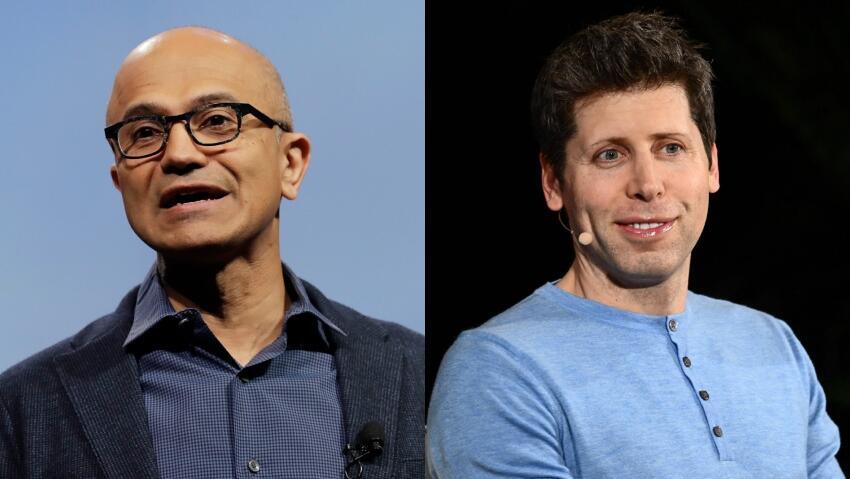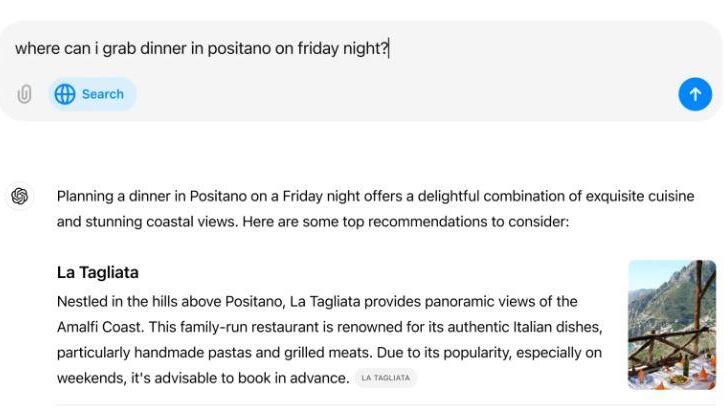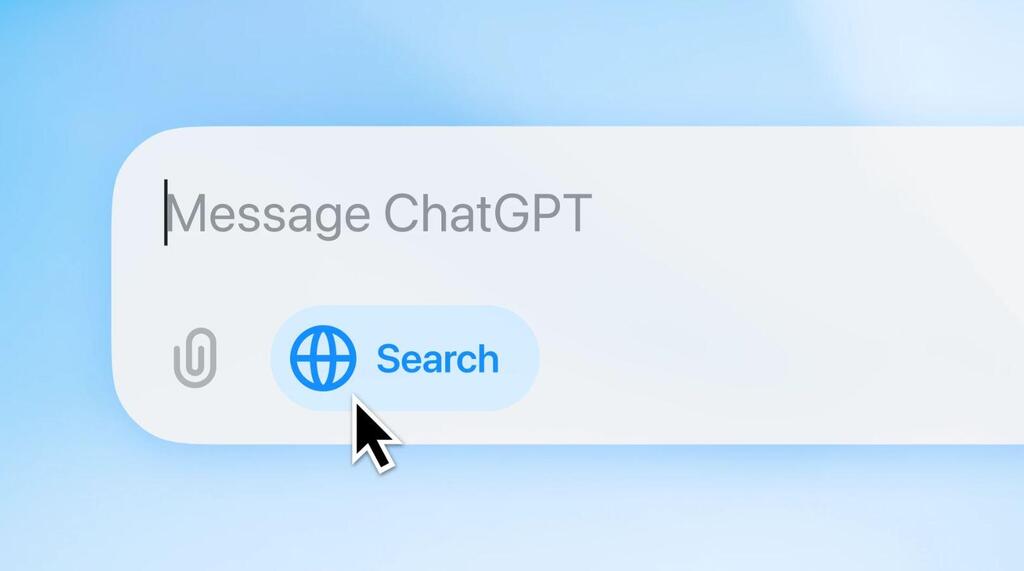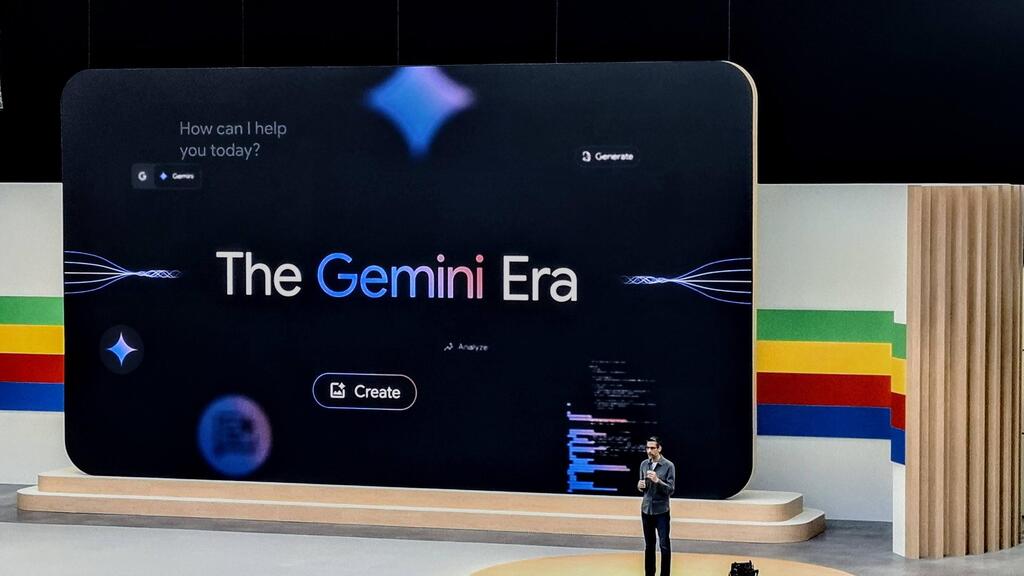The war for the internet’s new search engines has begun. Last Friday, OpenAI — the company that sparked the artificial intelligence revolution with ChatGPT — announced the launch of what it calls SearchGPT: a search engine that combines the company’s powerful AI models with information from the web.
The new search engine is integrated into the latest version of the popular chatbot, allowing for real-time searches of up-to-date information from news and content sites through natural language queries.
The new search button appears next to the typing window in the chat, enabling smooth transitions between regular chatbot responses and real-time search results. OpenAI announced its intention to expand the model in the near future, improve search capabilities in areas such as shopping and travel and add voice features to the system as well.
While the engine is currently available only as a paid subscription add-on, the company said that the feature will gradually be available for the free ChatGPT service in the coming months. This essentially marks OpenAI’s entry into a market that has been completely dominated by Google.
Google’s search engine currently controls about 90% of the market, while Microsoft’s Bing, which follows in its wake, holds only 4.15%. OpenAI's entry into the market is a significant event in this landscape.
The young company, led by CEO Sam Altman, isn’t the only one poised to challenge Google's dominance in the field in the near future: Meta, led by Mark Zuckerberg, is already set to release its own AI-based search engine version now in testing.
Meta has the world’s largest database of user conversations thanks to billions of users on its apps — Facebook, Instagram and WhatsApp. Its engine is expected to integrate with "Meta AI," the new chatbot the company has begun to gradually roll out in its apps.
Meanwhile, Microsoft, the largest investor in OpenAI, announced a year ago the integration of artificial intelligence technology into its long-standing search engine, Bing, in a way that allows for accurate responses to free-text search queries.
At the same time, the AI startup Perplexity, which is backed by prominent investors like Amazon founder Jeff Bezos, is collaborating with Amazon on an advanced search engine based on Anthropic AI models (the developer of Claude).
Google itself is still very much in the picture: just last May, the search giant showcased an upgrade it plans to implement in its long-standing search engine, called "AI Overviews," based on its powerful artificial intelligence model, Gemini.
4 View gallery


Microsoft CEO Satya Nadella, OpenAI CEO Sam Altman
(Photo: Patrick T. Fallon / AFP, Ted S. Warren / AP)
AI Overviews can also respond to complex questions in natural language: it breaks down a long question into sub-questions, understands what problems it should solve and in what order and produces an organized answer.
After performing the search, users can also "filter" their answers and display only text-based links. As of this week, the new engine is already available to a billion users in 100 countries around the world, but not in Israel.
All of the new engines are designed to enhance the search experience on the web and allow for free-flowing conversation with users. In a demonstration led last weekend by the product lead for search on ChatGPT Adam Fry, he showcased a news search on Apple's stock, which displayed an interactive stock chart, information about future earnings and quotes with links to news articles.
One of the advantages of searching with ChatGPT is its "cleanliness" and conciseness: There are no sponsored posts like in Google's traditional interface and according to the company, there are no plans to implement such an element, although it’s unclear how it will fund the service otherwise.
What about hallucinations?
Two weeks after it launched its engine in the U.S., Google had to manually disable searches on certain topics after the web was flooded with examples of absurd responses to simple queries, what is referred to in professional jargon as "hallucinations."
The most embarrassing ones included recommendations to make pizza by adding glue to the sauce and to swallow at least one stone a day to enrich the body with vitamins and minerals.
Different companies hope that access to up-to-date and reliable information, thanks to training their models on content received from reputable media entities, will dramatically reduce such "hallucinations."
To train their models on quality and reliable information without getting entangled in issues of copyright infringement, all the major companies have been required to form alliances with reputable "content partners" and have signed agreements with media corporations such as Reuters, AP, Getty Images, Hearst, Financial Times, Time, Axel Springer, News Corp, Bloomberg and Vox Media.
Get the Ynetnews app on your smartphone:




